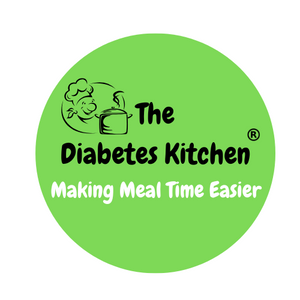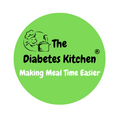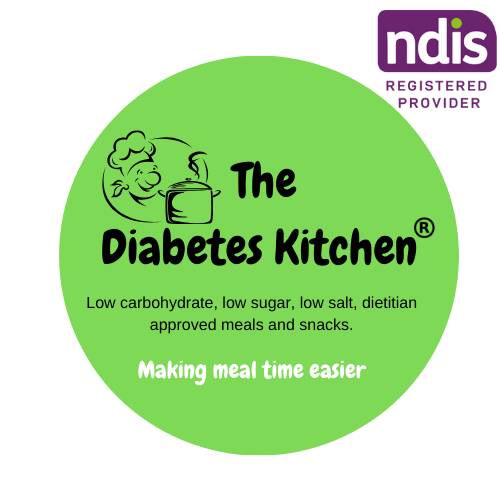For many people living with diabetes—whether type 1, type 2, or prediabetes—the physical aspects of managing the condition are only half the battle. Blood glucose readings, medications, and food choices are all important. But there’s another element that’s often overlooked and deeply powerful: mindset. And at the centre of that mental battlefield lies a deeply unhelpful emotion—guilt.
Let’s be clear: guilt does not help manage diabetes. In fact, it can make living with diabetes harder. Understanding why guilt shows up, how to challenge it, and what mindset tools can replace it is a crucial step in building a healthier relationship with your body, your food, and your diagnosis.
The Hidden Weight of Guilt in Diabetes
People with diabetes are constantly faced with choices—and judgments. Whether it’s eating a slice of cake at a family gathering, forgetting a dose of medication, skipping a workout, or having a high reading on the glucose meter, the internal narrative often sounds something like:
“I should have done better.”
“I’ve failed today.”
“I know better—I just didn’t do it.”
This internal monologue of guilt is incredibly common—and incredibly damaging. It promotes shame, self-criticism, and stress. And ironically, stress itself can increase blood glucose levels, creating a vicious cycle of physical and emotional pressure.
Guilt Is Not a Treatment Plan
It’s important to remember: diabetes management is not a test you pass or fail. It’s a lifelong practice with ups and downs. There is no perfect day, perfect diet, or perfect number on the meter. There’s only the next moment, and what you choose to do with it.
What guilt tends to do is frame your actions as moral successes or failures—good food vs bad food, being good vs cheating. But food is not a morality issue. Neither is your blood sugar. You are not bad for eating something high in carbs or for needing insulin. You’re human. And managing a condition like diabetes requires flexibility, self-compassion, and education—not punishment.
Why Guilt Is So Common (But So Misleading)
Part of the reason guilt is so persistent is that society often frames health in black-and-white terms. There’s endless media messaging that suggests eating sugar is sinful, that you should "control yourself," or that health is a matter of discipline. This seeps into the language of diabetes management and creates internalised stigma.
Unfortunately, guilt can also be reinforced by well-meaning friends, family, or even healthcare providers who use language like “You shouldn’t have eaten that” or “Are you supposed to have that?” These comments, whether spoken or internalised, do not support good decision-making—they just make you feel worse.
Replacing Guilt With Empowerment
Instead of guilt, the mindset we want to build is one of curiosity, accountability, and self-kindness.
-
Curiosity means observing your actions and outcomes without judgment. “That meal gave me a higher reading—interesting. What might I do differently next time?”
-
Accountability means owning your choices without blaming yourself. “I made that decision in the moment. I’ll plan a better option for tomorrow.”
-
Self-kindness means offering yourself the same grace and encouragement you’d give a loved one. “This is a learning journey. One meal doesn’t define my day or my health.”
This isn’t about ignoring your condition or avoiding responsibility. It’s about recognising that progress, not perfection, is the goal—and that being hard on yourself doesn’t help.
Mindset Tools That Actually Support Diabetes Management
-
Reframe your language
Instead of “I was bad today,” try “I made a choice that didn’t serve me well, and I’ve learned from it.” -
Practice non-judgmental tracking
Record your food or glucose levels as information—not as proof of success or failure. -
Set realistic expectations
Not every day will be optimal. Expect fluctuation, not perfection. -
Celebrate consistency, not perfection
Focus on what you’re doing well—even if it's just drinking more water or planning one balanced meal. -
Speak to yourself like a coach, not a critic
Ask yourself what you’d say to a friend in your situation—and say that to yourself.
You Are More Than a Number
Ultimately, you are not defined by your blood sugar readings, your meal choices, or your diagnosis. You are a whole person, doing your best with the tools you have. Diabetes management is about supporting your body—not punishing it. And your mindset is just as important as your medication.
So next time guilt shows up at the table, thank it for its concern—and tell it to leave. There's no place for shame in a life well lived. There’s only room for learning, self-compassion, and moving forward—one choice at a time.





